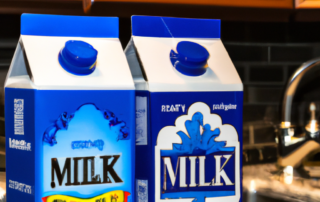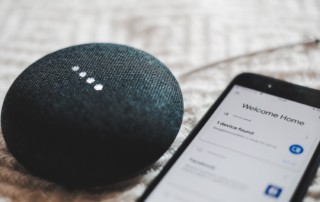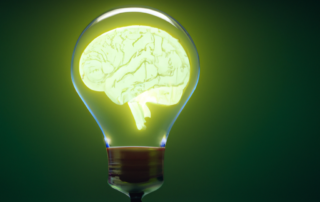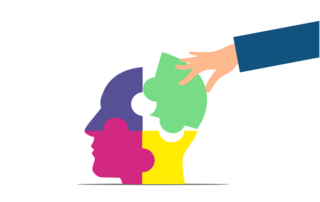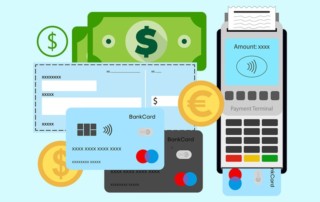8 Ways to Drive Conversions and User Engagement Online
Some apps or websites are beautiful, stylish, and well thought out in terms of UX, but have one problem: they are boring. These products can trigger both desire and resistance in the user at the same time. Here are a few tricks that will help solve this problem not from a rational, but from an emotional side.



